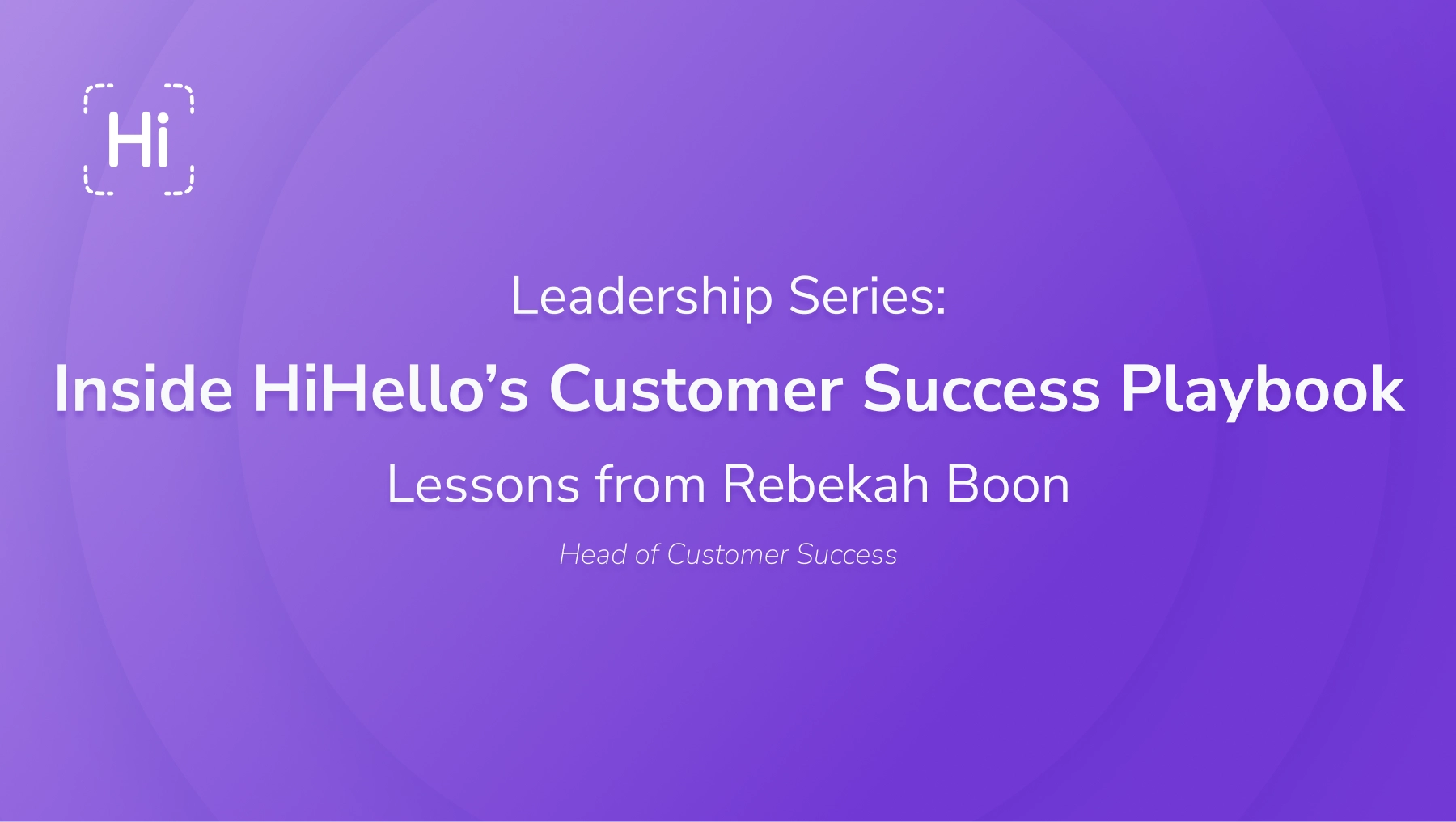In today's fast-paced, ever-changing workplace, professionals need more than technical skills to succeed. Increasingly, employers are looking for candidates who possess soft skills like emotional intelligence – the ability to understand and manage one's own emotions and understand those of others.
In this blog post, we'll explore emotional intelligence, its five components, and why it's essential in the workplace. We'll also provide tips on how to improve your emotional intelligence in the workplace.
What is emotional intelligence?
Emotional intelligence (EQ) refers to recognizing and understanding one's emotions and those of others. It involves the ability to use emotions to guide thinking and behavior and to manage emotions effectively.

In short, emotional intelligence is the ability to navigate complex social situations with sensitivity and empathy.
What are the five components of emotional intelligence?
According to psychologist and author Daniel Goleman, emotional intelligence has five components:
1. Self-awareness
Having a high EQ means being able to recognize and understand your own emotions and how they impact your thoughts and behavior.
2. Self-regulation
High EQ also comes with the ability to manage your emotions and impulses and to adapt to changing circumstances.
3. Internal Motivation
According to Goleman, individuals shouldn’t be driven by money or material rewards. Internal motivation is the ability to set and achieve goals and to pursue excellence through passion and persistence.
4. Empathy
EQ isn’t only about your own emotions—it’s also about the ability to recognize and understand the emotions of others and to respond with sensitivity and compassion.

5. Social skills
Having good social skills, building and maintaining relationships, and communicating effectively with others. Effective communication means knowing how to build meaningful relationships, collaborate, manage conflict, lead, and much more.
Why emotional intelligence is essential in the workplace
As employers recognize the value of emotional intelligence in building strong teams and fostering positive work environments, it continues to grow in importance. Professionals with high emotional intelligence are better equipped to manage conflict, build relationships, and communicate effectively with colleagues and clients. They are also more resilient and better able to adapt to changing circumstances, making them valuable assets in today's fast-paced workplaces.
How to improve emotional intelligence in the workplace
Most of us aren’t born with high emotional intelligence; it is a skill that can be learned. To improve your emotional intelligence, there are a few steps you can take:
1. Practice self-awareness
Take time to reflect on your emotions and how they impact your thoughts and behavior. Consider keeping a journal to track your emotions and identify patterns.
2. Develop self-regulation skills
Don’t let impulsive or destructive behaviors disrupt the workplace. Learn to manage emotions and keep things calm and collected in the office.
3. Set goals
Develop a clear sense of what you want to achieve, and work towards your goals with passion and persistence.

4. Cultivate empathy
Practice active listening and try to understand the perspective of others. Put yourself in their shoes and consider how they might be feeling.
5. Build social skills
Work on building strong relationships with colleagues and clients. Communicate effectively and collaborate with others to achieve shared goals.

Emotional intelligence is a non-negotiable skill for today's professionals. By understanding and developing your emotional intelligence, you'll be better equipped to navigate complex social situations, build strong relationships, and succeed in the workplace.




